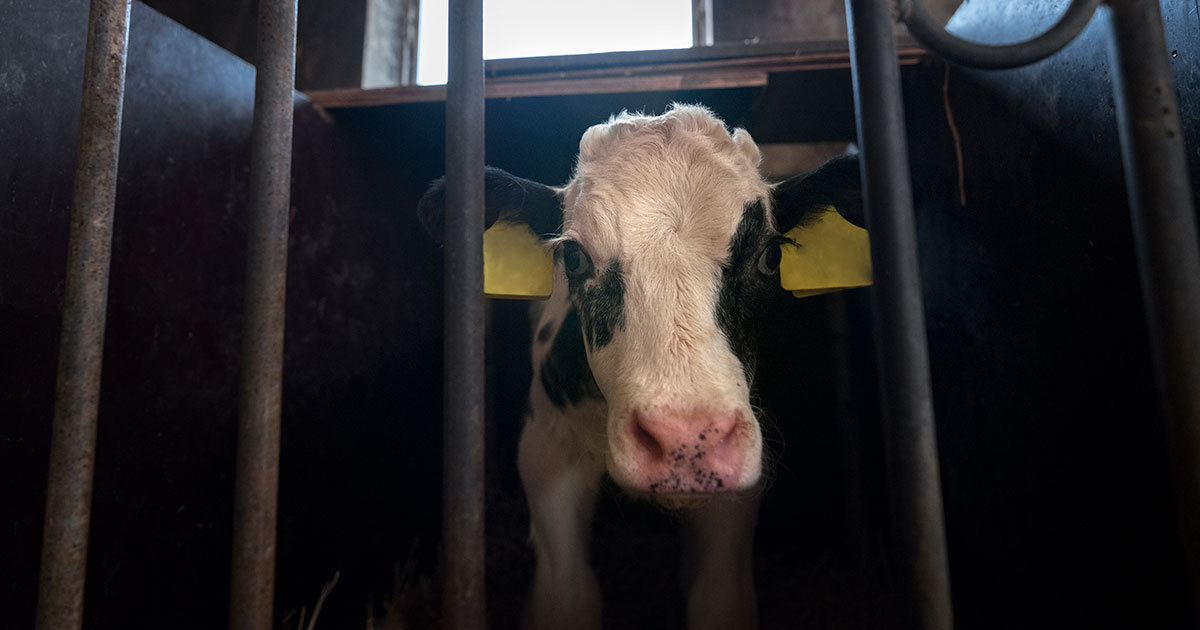
Animal law has become a legitimate area of study and field of practice among law students, practitioners, and professors who believe the interests of animals deserve meaningful consideration within the legal system.1
Growing interest in the subject is reflected in the rapid development of animal law courses and groundbreaking lawsuits that cover a broad range of animal-related legal issues with the goal of advancing the legal status of animals.
Now is a great time to get involved in animal law, as there is urgent work that needs to be done to elevate the legal status of animals and protect the integrity of the environment in which they live.
Animal Law Curriculum
Owing to the dedication of animal law advocates who pioneered the field of animal law,
at least 75 schools around the country now offer courses on the subject. Such courses cover topics including aquatic animal law, companion animal law, crimes against animals, food law, and the laws and ethics of animal testing.
In addition, students enrolled in
animal law clinics have the opportunity to provide direct representation to animal advocacy organizations and undertake
animal law litigation under the guidance of attorney-faculty members. The country’s first law journal dedicated solely to the area of animal law and published by law students is established as the
Animal Law Review. The journal aims to educate its readers about pressing legal and policy issues related to the rights and welfare of animals.
Intersections with Traditional Areas of Law
Animal law is unique in that it intersects with various areas of law including criminal, environmental, human rights and immigration, and wills and trusts. Examples of these intersections include ag-gag laws,2 environmental pollution, climate change, worker safety in meat production facilities, and the creation of pet trusts.
 Irene Au-Young, Lewis & Clark 2020, is a family law attorney with Hostak, Henzl & Bichler, S.C., in Racine.
Irene Au-Young, Lewis & Clark 2020, is a family law attorney with Hostak, Henzl & Bichler, S.C., in Racine.
Wisconsin’s Right to Farm Law,
Wis. Stat. section 823.08, illustrates an issue that involves both animal and environmental law. The statute explicitly protects agricultural operators, such as concentrated animal feeding operations, from all nuisance complaints brought by neighbors, unless two conditions are met.
Under section 823.08(a), an activity cannot be found to be a nuisance if it does not pose a substantial threat to public health or safety and if it is “conducted on, or on a public right of way adjacent to, land that was in agricultural use without substantial interruption before the plaintiff began the use of property that the plaintiff alleges was interfered with.”
Wisconsin’s Right to Farm Law is concerning from an animal and environmental advocacy standpoint, in that it restricts communities from suing an agricultural operation even if the operation’s practices pollute residents’ air quality and water quality, and essentially extends more impunity to industrialized animal farming operators whose practices already cause immense amounts of suffering to farmed animals.3
Ways to Get Involved
Fortunately, there are ways for legal professionals to make meaningful contributions to the advancement of animal law and challenge legislation, such as the Right to Farm Law.
Here are ways to get involved:
Animal law is a burgeoning field and continues to grow as the moral and ethical considerations for animals become common topics of discussion. The future of animal law lies with today’s advocates, and every individual, regardless of their background in animal law, has the potential to make a significant impact on improving the social and legal status of animals.
Endnotes
1
See,
e.g., Joyce Tischler, “The History of Animal Law, Part I (1972–1987),” 1 Stan. J. Animal L. S. Pol’y 1, 10 (2008).
2 The term “ag-gag” refers to state laws that severely limit public access to information concerning industrialized animal agricultural practices. This legislation leaves vulnerable to criminal penalties those who wish to document and report acts of animal abuse at animal agricultural production facilities. While the language of ag-gag laws vary by state, these laws commonly prohibit acts such as video or audio recording within an animal agricultural production facility and dispensing the recorded material to the public and obtaining entry to such facilities through false pretenses or misrepresentation.
See Alicia Prygoski, “Detailed Discussion of Ag-gag Laws ,”
Animal Legal & Historical Center, (2015), (discussing “ag-gag laws and how they affect farmed animals, farming employees, industrialized and farming operations, and individual rights”).
3
See, e.g., Anjali Sareen, “How the Law is Failing Our Animals,”
Huffington Post, March 28, 2013, discussing how farmed animals are afforded only minimal federal and state protections by the legal system.
This article was originally published on the State Bar of Wisconsin’s
Public Interest Law Section Blog. Visit the State Bar
sections or the
Public Interest Law Section
